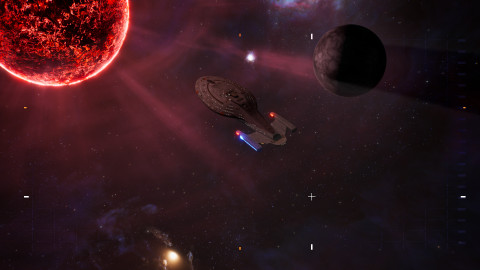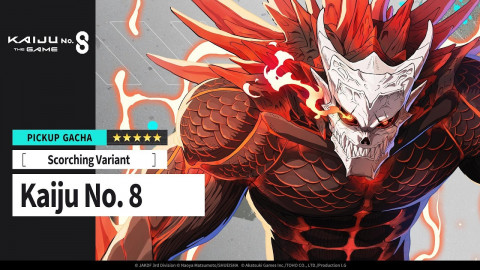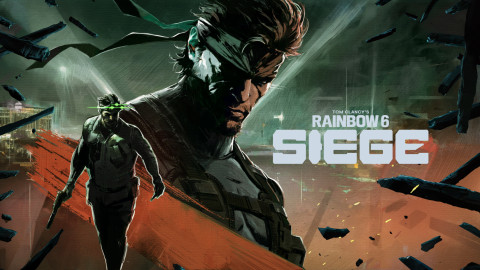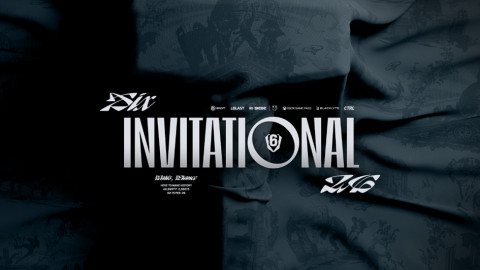
Before Team SoloMid or Phoenix1 return from Riot Games' studios in Berlin, Germany, North American fans have already dubbed their upcoming Week 6 North American League of Legends Championship Series matchup as the true Rift Rivals finals. With TSM crowned inaugural Rift Rivals champions and P1 narrowly missing the chance to represent NA in the finals over TSM.
By this point, everyone is familiar with rookie jungler Mike "MikeYeung" Yeung, who has unexpectedly been a catalyst for P1, giving the team much-needed direction.
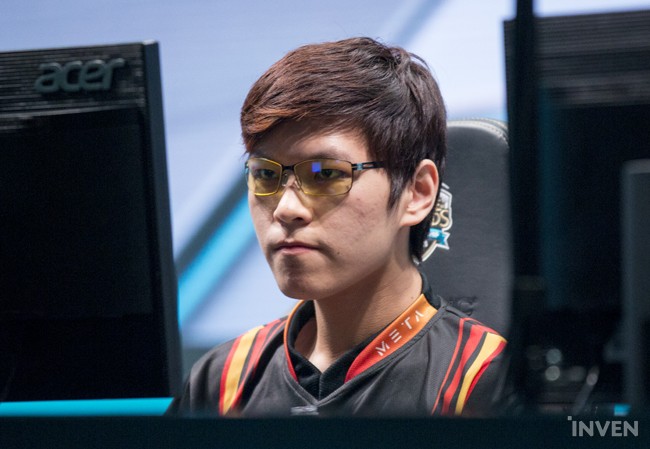
Nineteen minutes into Game 1, TSM makes a move for P1's blue buff. This is a hallmark of TSM. The team often ensures that they deny enemy blue, gifting it to their star mid laner Søren "Bjergsen" Bjerg. Afterwards, TSM takes the opportunity to back, perhaps presuming that P1 will set up vision at Baron and leave it at that.
Instead, P1 strike.
With AD carry Noh "Arrow" Dong-hyeon on Kalista, P1 has strong neutral objective control, and fully takes advantage of that fact. They commit to taking down the Baron as it spawns at 20 minutes, escaping TSM's late rotation to the Baron pit with a flashy five-man blast plant exit.
After the game, MikeYeung is calm and deliberate when describing the play. He restarts his own account once, to ensure that he speaks as clearly as possible.
"We figured we could surprise TSM by going for the baron call because they hadn't seen us to something like this before," he says slowly. "We figured that all of the factors were correct to make this risky play. Even if they were to come to fight us, we would be able to win through team plays."
It's a rare onstage shot of MikeYeung that doesn't include him rapidly communicating with one or many of his teammates, all of whom are older than he is. Among rookies, MikeYeung is an anomaly, a strong voice confident enough to guide players who have more professional experience and — in the case of Arrow, mid laner Yoo "Ryu" Sang-ook, and recent arrival Alex "Xpecial" Chu — lengthy lists of accolades and achievements.

"I'm not afraid of shotcalling or telling these guys that are many years older than me, six years older than me, how they should play the game or how we should do things at certain times," MikeYeung says. "I'm always trying to work on improving my shotcalling so I feel like that also leads to them trusting me in certain situations, as well as my dedication to the game."
Unlike most rookie players, who often take some time to adjust to the attention and press coverage that comes from being in the LCS spotlight, MikeYeung appears practiced, as if he's been playing professionally for years. He is relaxed but purposeful, with an air of maturity that even some experienced players lack.
MikeYeung attributes this confidence to his own experiences playing ranked 5v5's since he was 13 years-old.
"My confidence came from my personality and my experience playing 5s for fun," he says. "I actually managed my own challenger 5v5 team and I was the main shotcaller then. It was just for getting challenger in 5s but I guess that transitioned over."
Despite his relative success on P1 before the team's appearance at Rift Rivals — even in their losses, MikeYeung's performances stood out and the team looked far more coordinated — few thought that P1 would perform well at the event. Rift Rivals was expected to be Phoenix1's greatest embarrassment.
Instead, P1's 4-2 Rift Rivals record, the second-best of all teams at the NA/EU tournament, has sparked discussions and debates around the North American talent pool and its relative strength, especially in light of MikeYeung's strong rookie debut. Those familiar with NA talent development, jokes about its depth aside, had anticipated the jungler's arrival to the competitive scene for some time.

Where Europe has almost always focused on the development of their mid lane talent, MikeYeung is one of the latest junglers to break into the North American competitive scene, after a 2016-17 class that has included Joshua "Dardoch" Hartnett, Rami "Inori" Charagh, Matthew "Akaadian" Higginbotham, Juan "Contractz" Arturo Garcia, and most recently Omar "OmarGod" Amin, who made his LCS debut with Counter Logic Gaming this past week.
"I think the reason why NA junglers are so much better than EU junglers right now is because of how solo queue works in NA compared to EU," MikeYeung says. "When I went to EU, most of the players there contested for the mid lane role but in NA you can find multiple junglers in one solo queue game. It's just a role preference."
North American solo queue has earned its dubious reputation. The prevailing lackadaisical attitude has been forged from a lesser amount of available talent compared to other major regions and, more recently in NA's history, higher ping in solo queue for those located in and around the Los Angeles area, where the NA LCS is held weekly.
Yet the existence of infrastructural issues — a lack of players, comparatively high ping to what professional players experience on Tournament Realm or on the LCS stage — doesn't negate the few diamonds in the rough on the solo queue ladder.
"Just from playing the game as a hobby I was able to perform really well in solo queue," he says. "It was an area I excelled at because I took solo queue as a practicing platform to enhance my mechanics where some other people would just play for fun."

MikeYeung is a rare and interesting example, born of his own innate determination and practice. The jungle is a tricky position to evaluate independently of a team, and not all of the aforementioned North American junglers have had the best of times on the LCS stage, especially after initial fanfare surrounding their respective debuts faded away.
"Recently when I came out to P1, they scouted me due to my individual mechanics as well as my reactions based off of how I like to shotcall for my team in solo queue."
Shotcalling has always been a focus of MikeYeung, and he's careful to mention it when speaking of all aspects of his own play. Raw mechanics may have been the reason he was initially noticed, but his in-game confidence and willingness to lead are the reasons he cites for his sudden pickup by Phoenix1.
"I was leaning towards the decision to go to college, as it would lead me to a more sustainable career choice and just making good money with no stress of competition," he says. "Obviously now, I decided to hold that for the future because this opportunity came up for me out of nowhere. It allowed me to entirely focus on League so I would have no regrets."
These are also the reasons that could propel him past the initial rush of his first few standout performances and into a more comfortable and stable position. The cliché that only time will tell is applicable here, but MikeYeung's serious and studious nature is certainly a strong point in his favor.
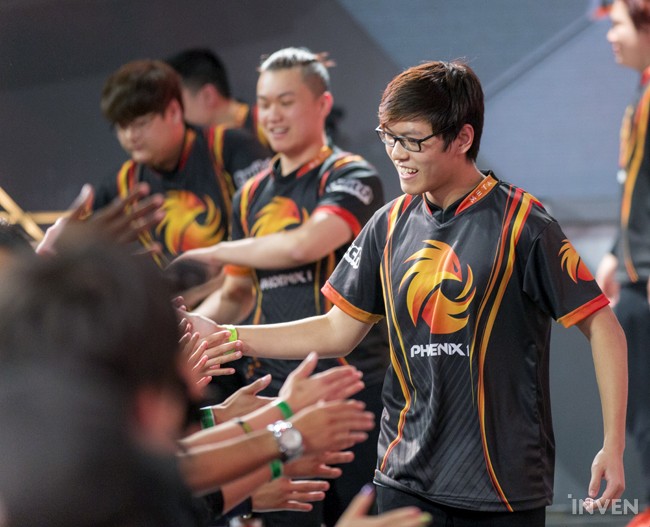
Sort by:
Comments :0


